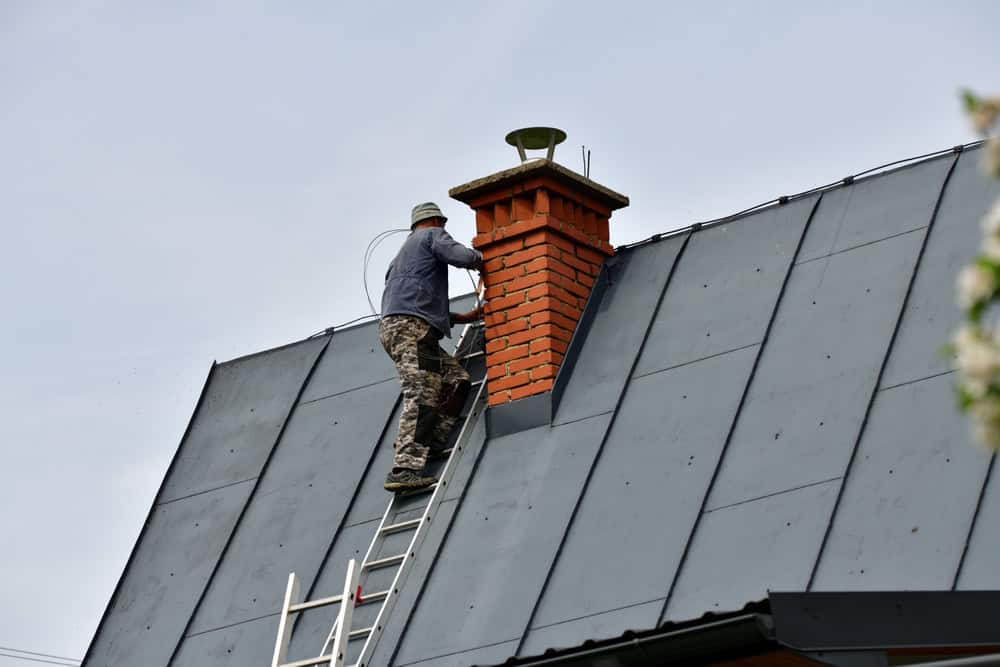Protect your family with certified chimney liner installation that prevents dangerous gas leaks and structural damage.

Hear from Our Customers

When your chimney liner is properly installed, you stop worrying about carbon monoxide seeping into your home. You use your fireplace confidently, knowing dangerous gases are being safely vented outside where they belong.
A quality stainless steel liner installation means you’re done dealing with cracked clay tiles that let moisture destroy your chimney from the inside out. No more water damage. No more structural problems that cost thousands to fix later.
Your heating system runs more efficiently when gases flow properly through a smooth, properly-sized liner. You’ll notice the difference in how your fireplace draws and how much heat you actually get from your wood or gas logs.
Certified Chimney Inspections has been handling chimney work in Cumberland and throughout Rhode Island since 2000. We were formally established in 2016, but our same experienced team has been solving chimney problems for over twenty years.
Every one of our technicians is CSI certified through the Chimney Safety Institute of America. That means we’ve proven we know how to install liners correctly, diagnose problems accurately, and keep your family safe.
You’ll find our team listed on the website under “Meet the Team” because we’re proud of our certifications and experience. We also run a retail stove store, so we understand heating systems inside and out.

First, we inspect your existing chimney to determine the right liner size and identify any structural issues that need addressing. We measure everything precisely because proper sizing is critical for safe operation and code compliance.
Next, we remove the old clay liner if it’s cracked or deteriorating. The new stainless steel liner gets carefully lowered down the chimney and connected to your heating appliance. All connections are sealed properly to prevent any gas leakage.
Finally, we install the proper cap and termination at the top of your chimney. Everything gets tested to ensure proper draft and safe operation before we clean up and show you how your newly lined chimney works. You get documentation of the installation for your records and any future home sales.

Ready to get started?
Your chimney liner installation includes high-grade stainless steel that’s designed to last 15-20 years with minimal maintenance. We use proper insulation around the liner when needed to meet local building codes and ensure optimal performance.
Cumberland’s coastal location means your chimney faces salt air that accelerates deterioration of standard materials. Stainless steel liners resist this corrosion much better than clay tiles or cheaper alternatives that some contractors try to use.
You get a complete installation that includes all necessary fittings, connections, and termination components. We handle permits if required and ensure everything meets current safety codes. Free estimates mean you know exactly what you’re paying before any work begins, and in-house financing is available for larger projects.
